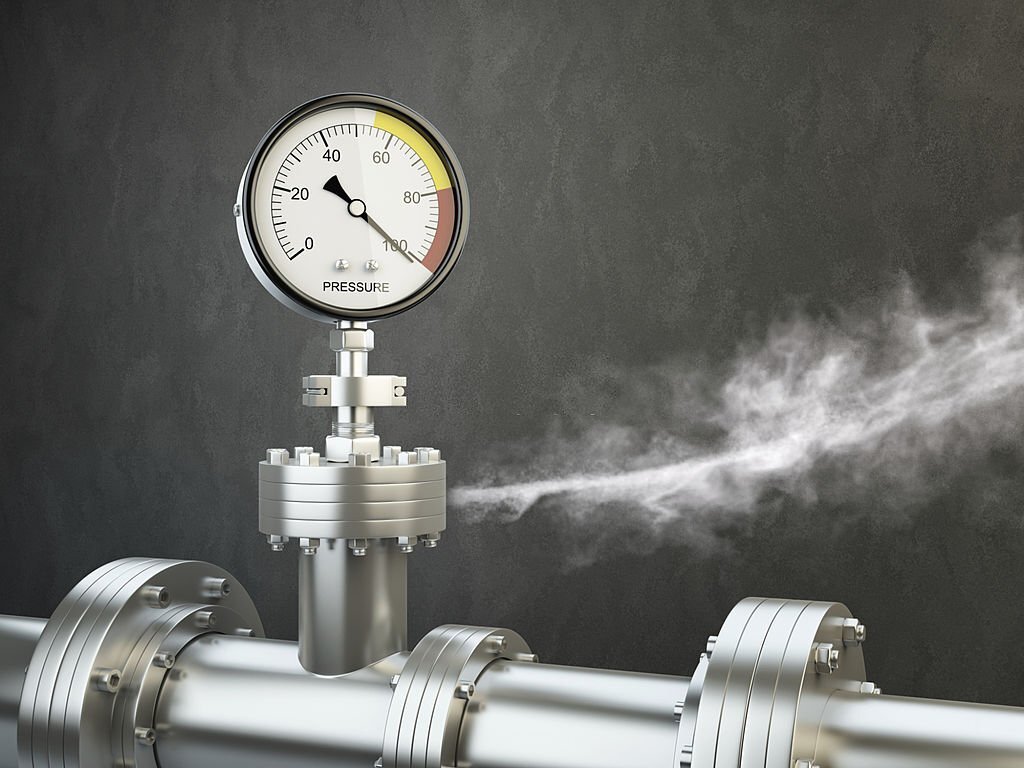Having a reliable natural gas leak detector is important if you rely on natural gas for your home. Natural gas is highly flammable and can cause serious health and safety risks if a leak goes undetected.
Fortunately, testing and maintenance for natural gas leak detectors are relatively simple. To ensure your safety and health and achieve peace of mind, here’s what you need to know about properly testing and maintaining your gas leak detector.
Testing Your Natural Gas Leak Detector
When testing your detector, you want to ensure that it’s functioning correctly and can alert you in the event of potential danger. Here’s how to test your natural gas leak detector:
Read the manufacturer’s instructions. Before testing your natural gas leak detector, thoroughly read the instructions provided by the manufacturer.
Prepare the unit. Once you’ve read the instructions, it’s time to prepare your natural gas leak detector unit. Ensure all the connections and switches are ready to go as specified in the manufacturer’s instructions.
Run the test. Now you’re ready to run the actual test. Follow the manufacturer’s instructions to properly test your unit and ensure it’s in good working order.
Inspect the results. Once the test has finished running, take a few moments to inspect the results. Are there any errors or indicators that something is wrong with the unit? If so, contact the manufacturer for assistance before it’s too late.
Maintenance for Your Natural Gas Leak Detector
Once you’ve properly tested your natural gas leak detector, it’s time to move on to regular maintenance to ensure its proper functioning. Here’s what you need to do to keep your natural gas detectors in peak condition:
Clean regularly. Natural gas detectors are designed to detect the presence of gas molecules in the air. To ensure that your detector can sense the presence of any gas, regularly clean your detectors to ensure that dust and debris do not interfere with their functioning.
Replace batteries. Over time, the batteries in your natural gas detector will degrade and lose charge. To ensure that your natural gas detector continues to work correctly and alert you to potential dangers, replace your batteries as needed.
Has it been professionally inspected? Regular maintenance and battery care are the keys to your natural gas detector functioning properly. However, it’s always best to have your detector professionally inspected from time to time to make sure that it’s working properly and alerting you of any potential dangers.
What to Do When You Suspect a Natural Gas Leak?
We all know that natural gas can be a useful and efficient energy source for our homes; however, its explosive nature should also be treated with great caution. One of the greatest concerns with natural gas is the possibility of a serious leak. A natural gas leak puts your home and family at risk of an explosion, severe burns, and carbon monoxide poisoning. If you suspect that you may have a natural gas leak in your home, here are some steps you can take.
- First, get everyone out of your house immediately if you detect a strong natural gas smell.
- Activate your smoke alarms and call your local fire department. Notify them of the natural gas leak and where it is on your property.
- Don’t turn lights or electrical appliances on or off, smoke, or use any open flame until the gas is shut off.
- To board your home, shut off the main natural gas valve located at the service pipe near your home — typically outside.
- Check the area around your house to ensure no sign of escaping natural gas. You should never light a match, use an electric light switch, or any other electrical device in an area where natural gas leaks.
- Before re-entering your house, have a professional closely examine it to ensure it is safe and free of natural gas.
Conclusion
By properly testing and regularly maintaining your natural gas leak detector, you can ensure your safety and the safety of your family and home. To achieve peace of mind and prevent potential disasters, test your unit regularly and perform all the necessary maintenance steps to keep your detector in top condition.

